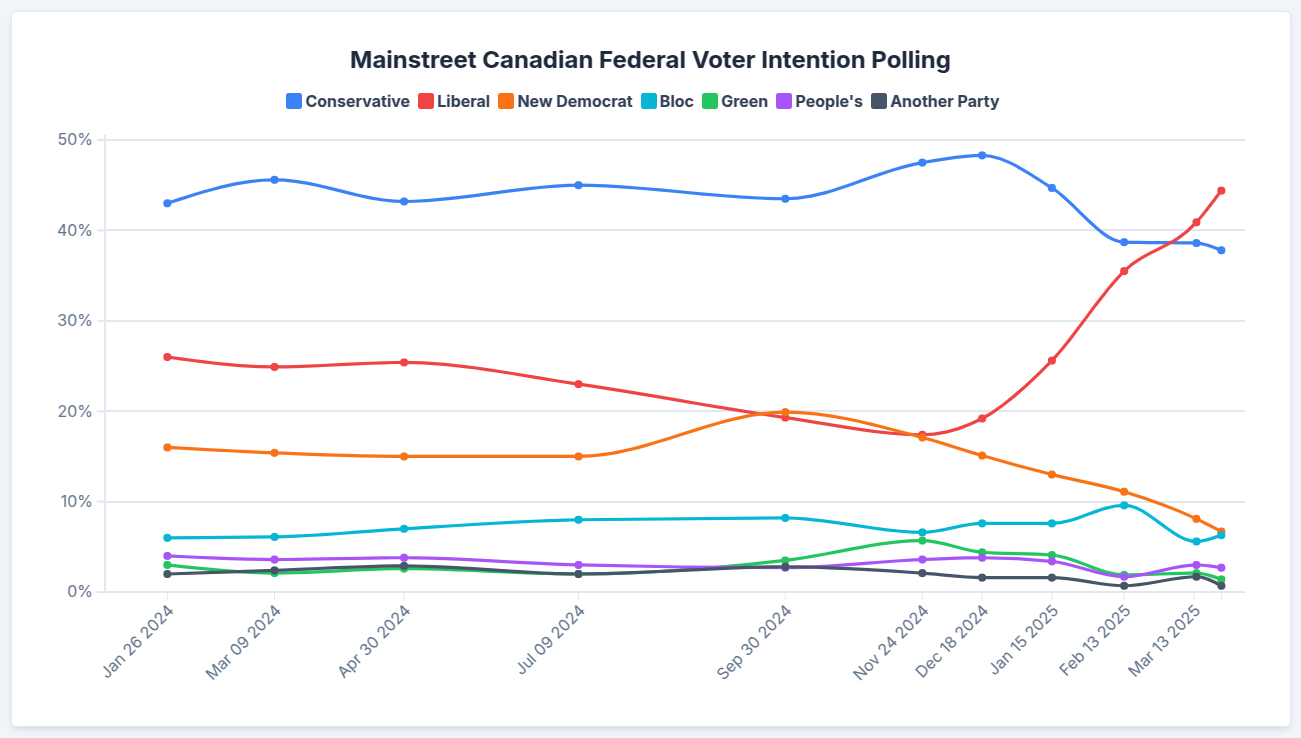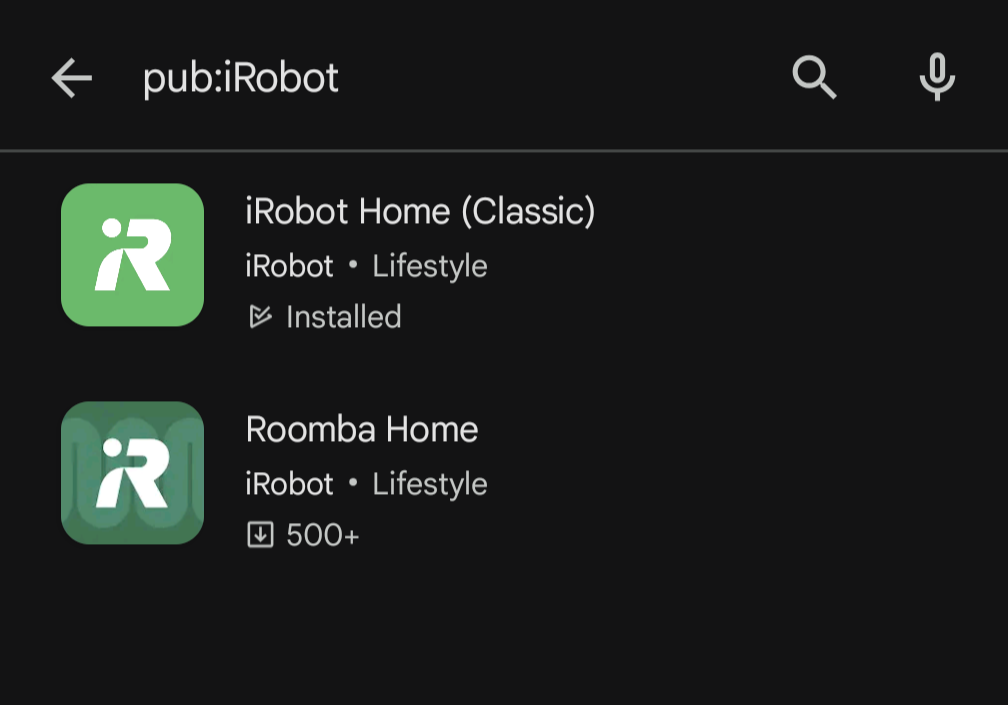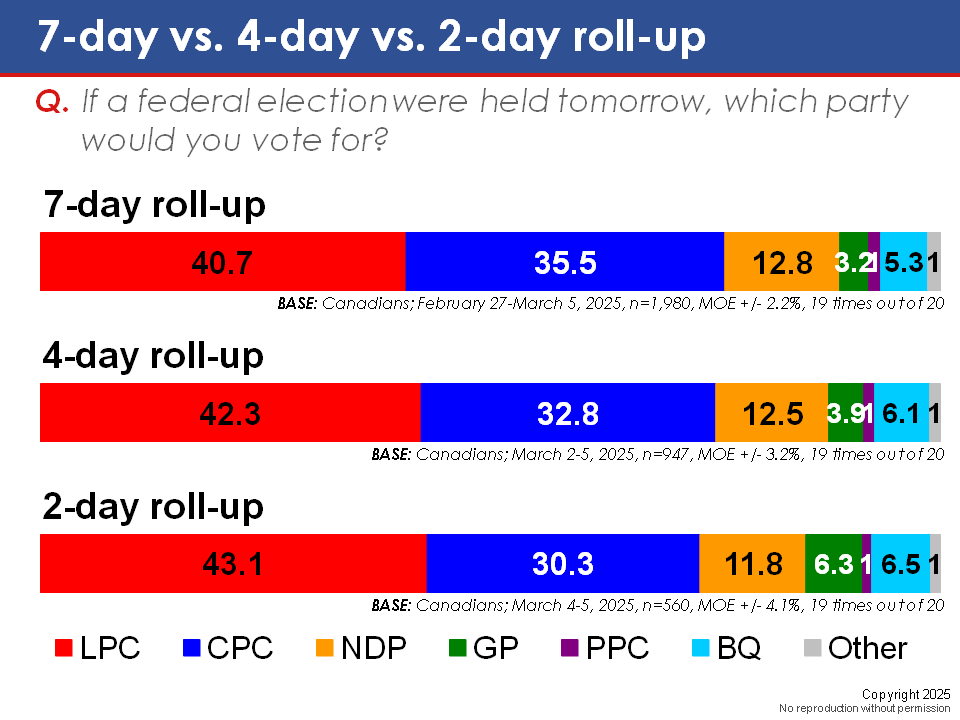The problem is that Grok has been put in a position of authority on information. It's expected to produce accurate information, not spit out what you ask it for, regardless of the factuality of information. So the expectation created for it by its owners is not the same as that for Google. You can't expect most people to understand what LLM does because it doesn't scale. The general public uses uses Twitter and most people get the information about the products they're being sold and use by their manufacturer. So the issue here is with the manufacturer and their marketing.
GlobalFoundries trying to become AMD again. 😁
I use a fixed tag. 😂 It's more a simple way to update. Change the tag in SaltStack, apply config, service is restarted, new tag is pulled. If the tag doesn't change, the pull is a noop.
Let me know how inference goes. I might recommend that to a friend with a similar CPU.
Yup. Everything is in one place and there's no hardcoded paths outside of the work dir making it trivial to move across storage or even machines.
Because I clean everything up that's not explicitly on disk on restart:
[Unit]
Description=Immich in Docker
After=docker.service
Requires=docker.service
[Service]
TimeoutStartSec=0
WorkingDirectory=/opt/immich-docker
ExecStartPre=-/usr/bin/docker compose kill --remove-orphans
ExecStartPre=-/usr/bin/docker compose down --remove-orphans
ExecStartPre=-/usr/bin/docker compose rm -f -s -v
ExecStartPre=-/usr/bin/docker compose pull
ExecStart=/usr/bin/docker compose up
Restart=always
RestartSec=30
[Install]
WantedBy=multi-user.target
Did you run the Smart Search job?
That's a Celeron right? I'd try a better AI model. Check this page for the list. You could try the heaviest one. It'll take a long time to process your library but inference is faster. I don't know how much faster it is. Maybe it would be fast enough to be usable. If not usable, choose a lighter model. There's execution times in the table that I assume tell us how heavy the models are. Once you change a model, you have to let it rescan the library.
Yes, it depends on how you're managing the service. If you're using one of the common patterns via systemd, you may be cleaning up everything, including old volumes, like I do.
E: Also if you have any sort of lazy prune op running on a timer, it could blow it up at some point.
Check your Syncthing settings. It's a very reliable piece of software. Other than that Immich, but that's a slightly different use case.






This sounds plausible. Has anyone caught him in the act?